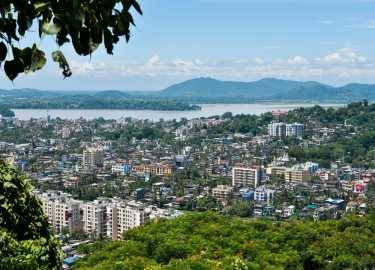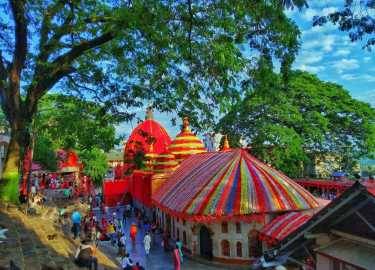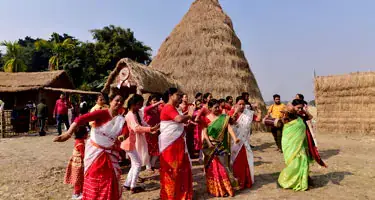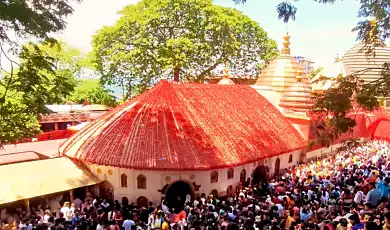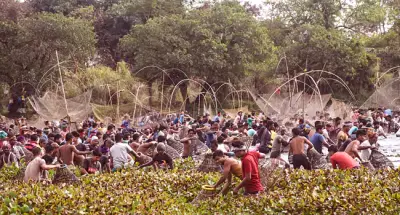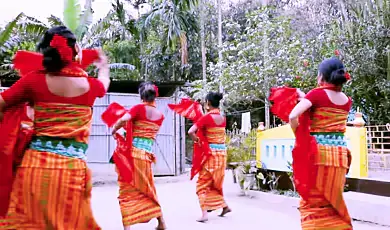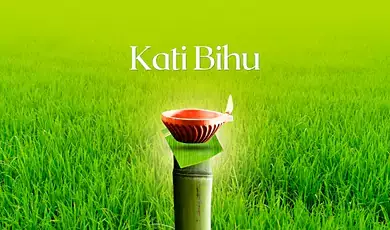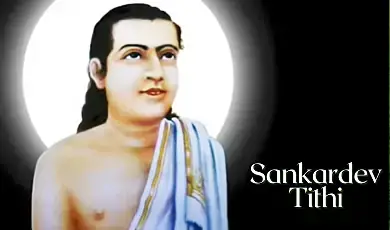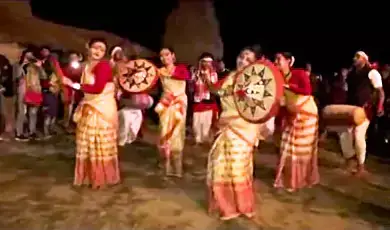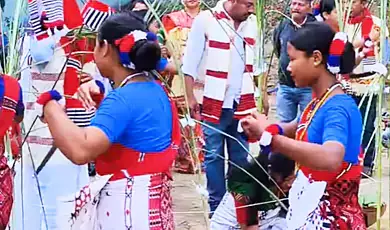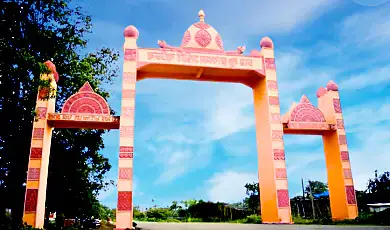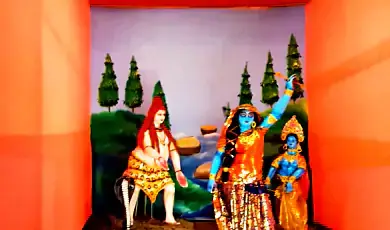
Assam, a vibrant state in northeastern India, is renowned for its rich cultural heritage and diverse festivals in Assam. These festivals reflect its people's unique traditions and vibrant life, celebrating the state's deep-rooted customs and historical significance. Among these, Bihu stands out as the most significant, marking the Assamese New Year and the arrival of spring with joy and enthusiasm. This festival encompasses a series of celebrations, including Rongali Bihu, Kongali Bihu, and Bhogali Bihu, each highlighting different aspects of Assamese culture and agricultural cycles.
The festival of Assam state is only complete with the mention of Durga Puja, a grand celebration showcasing the region's artistic and cultural prowess. This festival displays elaborate decorations, traditional dances, and vibrant processions dedicated to the goddess Durga. It attracts visitors from across the country and beyond, making it a significant cultural event in Assam’s calendar. Among the Assam festivals, the Majuli Festival is notable for its unique focus on the cultural and religious heritage of Majuli, the world's largest river island. This festival highlights the island’s significance as a centre of Vaishnavism and Assamese culture, celebrated with traditional dances, music, and art performances. The festival offers a glimpse into the island's rich traditions and artistic expressions, drawing tourists and devotees alike.
Assam's famous festivals include the Baishagu festival, celebrated by the Bodo community. This festival marks the Bodo New Year and is characterised by traditional dances, songs, and feasts. It is a vibrant celebration of the Bodo culture, featuring intricate rituals and a display of traditional attire. The famous festival of Assam, known as the Jonbeel Mela, is a unique trade fair held on the full moon day of January. This festival involves a barter system where people exchange goods without using money. It reflects the region's traditional trade practices and provides insight into the local customs and lifestyle.
| Sr. No. | List of Festivals in Assam | More Information |
|---|---|---|
| 1 | Bhogali Bihu | View more |
| 2 | Ambubachi Mela | |
| 3 | Bihu | |
| 4 | Baisagu | |
| 5 | Bohag Bihu | |
| 6 | Kati Bihu | |
| 7 | Sankardev Tithi | |
| 8 | Luit Fest | |
| 9 | Ali-Ai-Ligang | |
| 10 | Jonbeel Mela | |
| 11 | Dehing Patkai Festival | |
| 12 | Raas Mahotsav |

